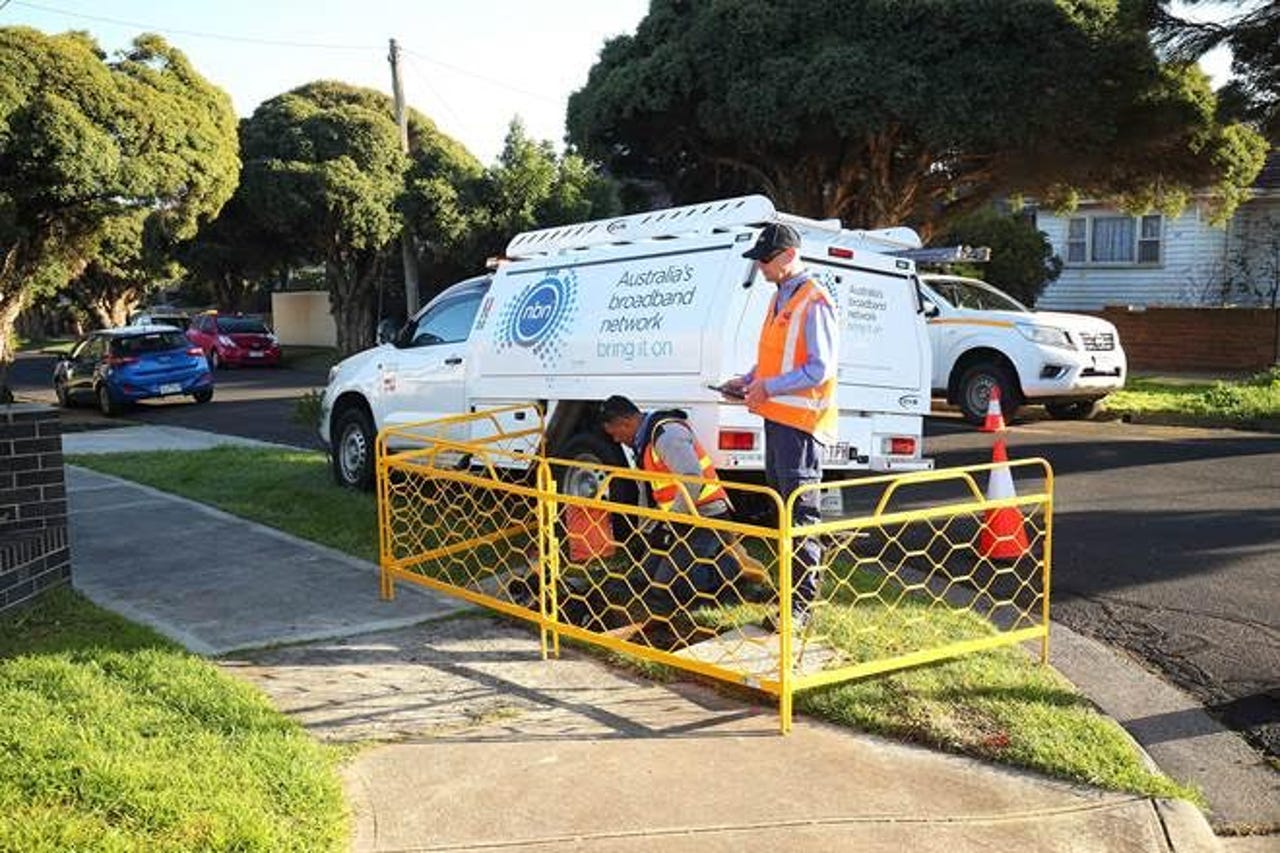Labor faces reality on NBN but the dream died long ago


It's quite fitting that it took ten argumentative years since the National Broadband Network kicked off on April 6, 2009, for Labor to finally make do with what is in the ground.
The network is pretty much done -- either the build is complete, or designs and contracts have been signed off across the nation, and the Turnboolean NBN has won out, warts and all.
Anyone expecting the Labor party to descend from the skies and present a plan endorsing the return to a full fibre rollout where possible has ignored the one topic that has constantly dogged the project: Cost.
By the time the NBN is done, the project will cost somewhere in the range of AU$50 billion.
Last time: Australia voted for the FttN NBN, again, and that's what we'll get
Even in the 2016 election, Labor was forced to concede that some of the Coalition's multi-technology mix would remain. It promised to shift two million premises back to full fibre, but that was all it could manage.
We are now three years further down the road, and the die has been well and truly cast by this point.
"Labor's NBN policy released today is the final admission the Coalition's plan .... has worked," Communications Minister Mitch Fifield crowed.
"Labor's announcement today is a complete capitulation."
Contrary to Fifield's assertions, Labor's plan will be to play around the edges because that is all there is left to argue about.
Australia had two elections to decide whether it wanted FttN or not, but the topic is just not a vote shifter. Now the consequences of those actions are showing themselves and they must be dealt with.
The NBN has an economics problem -- its wholesale prices are too high and retailers are beginning to flee the network. The ACCC is questioning the fairness of NBN's plans as it chases returns to hit its targets, and the network will need to refinance its government loan sooner or later.
The economics gives the company a technology problem as it prevents any widespread upgrade path on the network to remedy the faults that users have already found with FttN and cable connections.
Not to mention the issues with fixed wireless congestion and the need for satellite capacity and voice services that have been baked into the NBN since the day Stephen Conroy and Kevin Rudd announced it.
Six years ago, prior to talking up his role as Communications Minister, Malcolm Turnbull steadfastly refused to commit to an upgrade path for the NBN beyond FttN.
"The man who claimed once that John Howard broke the nation's heart is about to take the NBN and embark on a Tin Man impression of his own," I wrote at the time.
We now live in a world where that scenario has come to pass, and it will be left to the brokenhearted, if Labor is elected, to pick up the pieces.
If you were going to start the NBN today, you would not begin at this point. Labor's new NBN plan is an admission of the world as it is, not as people lovingly looking back to a decade ago it wished it could be.
Related Coverage
ACCC questions fairness of NBN basic pricing
With the gap between basic 12Mbps plans and 50Mbps plans closing, the ACCC questions the fairness of NBN plans compared to existing ADSL plans.
Another NBN review floated as Labor plan to 'make best of what we have'
A Shorten Labor government would direct NBN to fix in-home cabling for copper connections for free.
Full fibre the least faulty NBN technology
Fibre-to-the-node and HFC lead the way in complaints for year to July 2018.
NBN has purchased almost 30,000 kilometres of copper
It is well on the way to hitting the 40,000km milestone of being able to circle the planet at the equator.
Optus: NBN should face 'real consequences for poor performance'
In its submission to the ACCC, Optus has joined Telstra, Vodafone, and Vocus in arguing that a AU$25 one-off rebate is not enough to incentivise NBN to repair faults in a timely way and stop missing connection appointments.
Vocus getting out of NBN land grab to focus on fibre links and wireless
NBN is complex and economically unattractive, and retail will shift towards fixed wireless and mobile, the company has said.
NBN flags frozen HFC connections thawing over the coming months
Cable premises still ring-fenced by NBN due to its HFC pause, which will be released to market in the next four months.